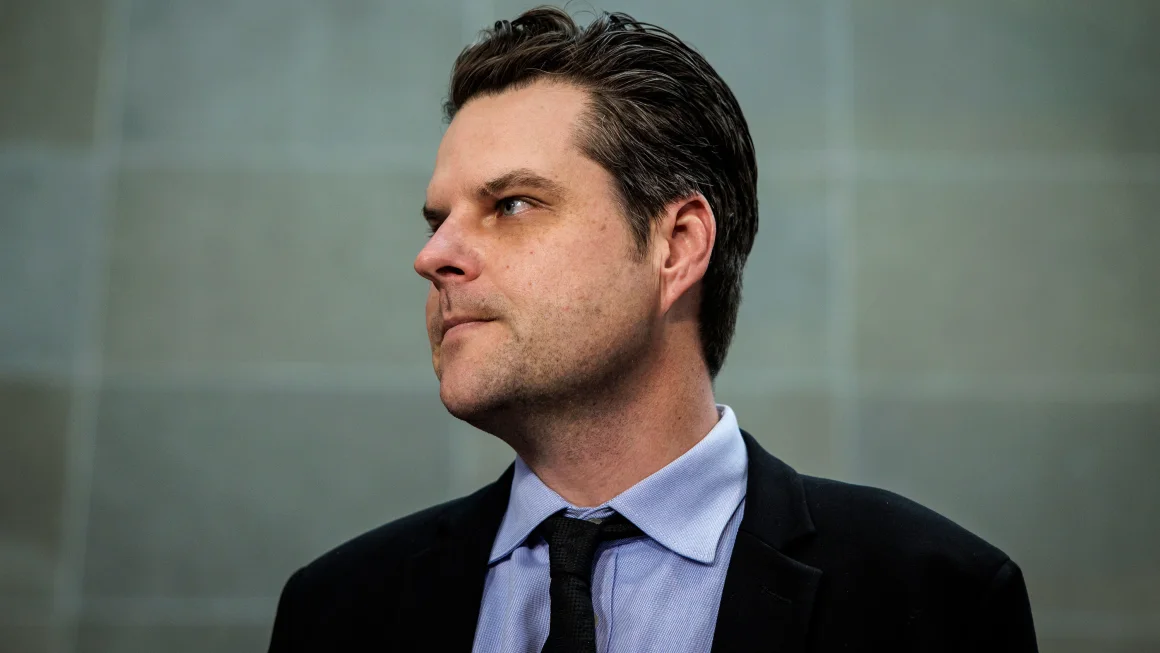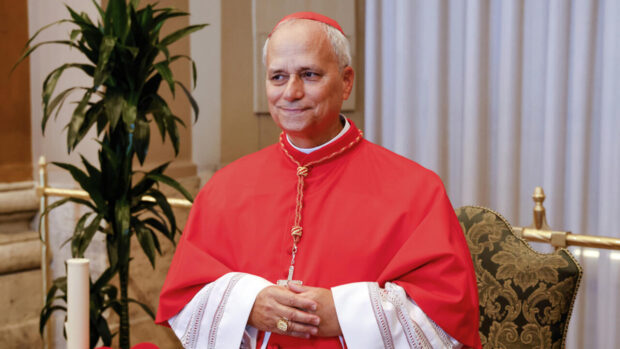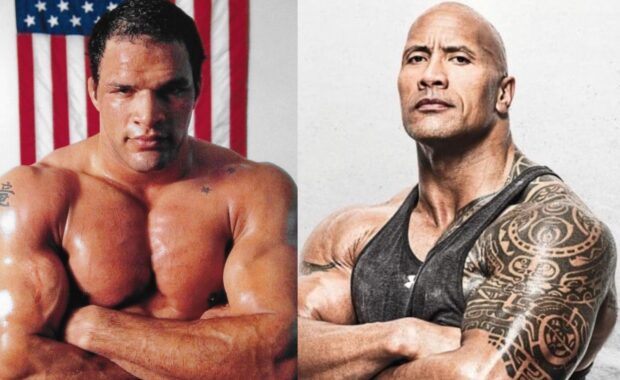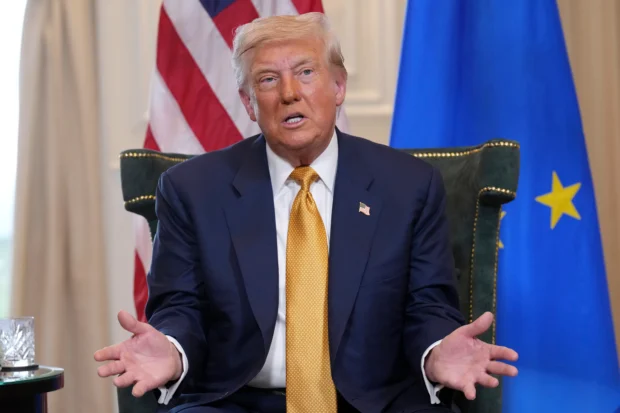
Bombshell revelations about Matt Gaetz’s alleged involvement in drug-fueled parties with young women have emerged as House ethics investigators wrestle with the release of their findings on Trump’s attorney general nominee. The probe has uncovered previously sealed testimonies and depositions that paint a troubling picture of the former Florida congressman’s conduct.
Critical evidence surfaced through a civil lawsuit in Orlando federal court, where multiple witnesses, including an alleged minor victim from 2017, provided sworn testimonies to the House committee. The congressional investigation, which initially faced roadblocks, gained momentum after discovering crucial evidence in this 18-month legal battle.
The testimony includes accounts of parties at a Florida house involving alcohol, drugs, and alleged sexual encounters. One witness described events involving “alcohol, cocaine, ecstasy, and marijuana,” while another detailed parties attended by “middle-aged men and young and attractive women.”
While Gaetz maintains his innocence and dismisses the allegations as “invented,” the draft report’s contents remain a focal point as the Senate considers his confirmation. A source close to the investigation describes the unreleased findings as “highly damaging to the congressman.”
The investigation has collected testimonies from multiple witnesses, including a woman who allegedly had encounters with Gaetz as a minor, and documentation of a controversial Bahamas trip. These materials, along with other sealed evidence, are now at the center of a political storm as Democrats on the Senate Judiciary Committee demand access to both the report and its supporting documents.
The timing of Gaetz’s resignation to pursue the attorney general position has complicated the release of these findings, effectively halting the ethics probe. This development leaves crucial questions about the handling of collected evidence and the completion of the committee’s work.
The Justice Department previously investigated Gaetz for alleged sex trafficking and other potential crimes but declined to file charges. However, the House Ethics Committee’s separate investigation has reportedly uncovered additional evidence through the civil litigation that wasn’t available during the DOJ’s probe.
















Be the first to leave a comment